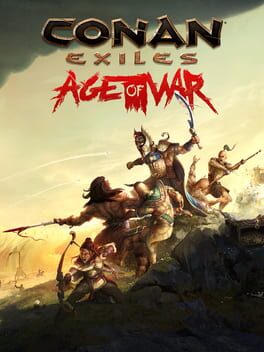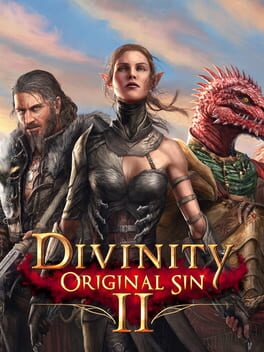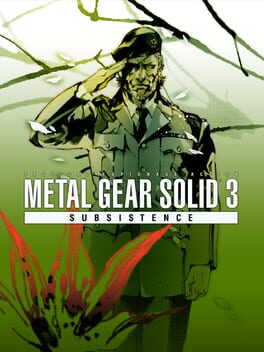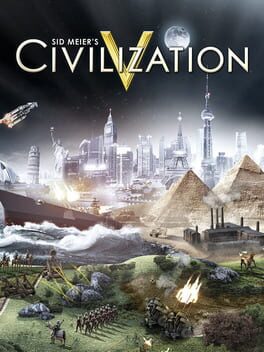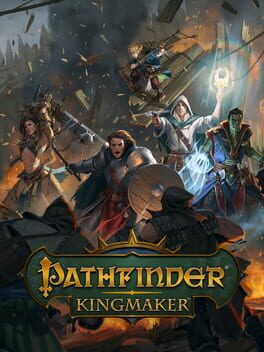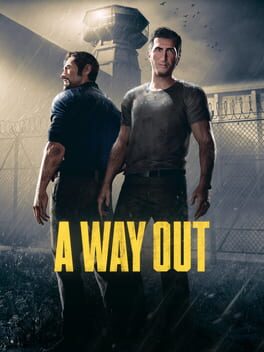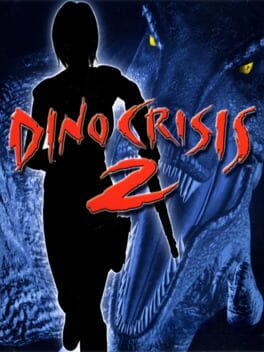RUINISM
Bio
An affinity for games that prize interactivity, player agency, and artistic vision -- the things that the medium is all about.
An affinity for games that prize interactivity, player agency, and artistic vision -- the things that the medium is all about.
Badges

Well Written
Gained 10+ likes on a single review

Gone Gold
Received 5+ likes on a review while featured on the front page

Liked
Gained 10+ total review likes

Gamer
Played 250+ games

N00b
Played 100+ games
Favorite Games
272
Total Games Played
000
Played in 2024
000
Games Backloggd
Recently Reviewed See More
It's not that Starfield is terrible, it's that it's a step back from every Bethesda game in almost all facets.
Where do we begin? How about base building? -- Introduced in Fallout 4, base building offered a pretty rewarding experience by allowing us to construct outposts and populate them with NPCs. Starfield's iteration feels like a significant regression. The system is not only buggier and more restrictive, but the incentives for engaging in outpost construction are minimal at best. The generic characters, like "Outpost Manager" and "Mining Captain," lack purpose, and the limited capacity for settlers further detracts from the experience. This aspect of the game feels like cut content -- unfinished and underwhelming. Additionally, the introduction of ship building, while cool on paper, fails to compensate for the base building's deficiencies; specific bays like the med bay are damn near non-functional, unable to produce medicines or offer healing services, lol.
Starfield's approach to faction quests is perhaps one of its most glaring and egregious missteps. A collection of series of faction quests that feel short and superficial, reminiscent of a "theme park haunted house" where players move through set pieces only to exit feeling underwhelmed. The ability to join conflicting factions without significant repercussions dilutes the impact of choice -- these decisions become weightless. The quests themselves feeling like mere box-ticking exercises.
Starfield's companions continue the tradition of FO4, which is to say, generic and forgettable as a whole. The game also restricts major companions to a single faction and homogenizes their moral compasses, leading to predictable interactions and a lack of genuine connection. Notable companions like Sam and Sara are burdened with unengaging personal narratives and repetitive dialogues; they just can't shut up.
Exploration -- something key of Bethesda's titles -- feels lackluster in Starfield, particularly when set against the backdrop of an expansive universe. It is completely broken up behind dozens of load screens and vast spaces of nothing, instead of one, mostly continuous, experience of previous games.
Progression systems. The skill trees have become overly simplified and laden with uninspired percentage-based upgrades, hiding some basic game features behind skill points (a terrible Ubisoft practice of game design).
Where do we begin? How about base building? -- Introduced in Fallout 4, base building offered a pretty rewarding experience by allowing us to construct outposts and populate them with NPCs. Starfield's iteration feels like a significant regression. The system is not only buggier and more restrictive, but the incentives for engaging in outpost construction are minimal at best. The generic characters, like "Outpost Manager" and "Mining Captain," lack purpose, and the limited capacity for settlers further detracts from the experience. This aspect of the game feels like cut content -- unfinished and underwhelming. Additionally, the introduction of ship building, while cool on paper, fails to compensate for the base building's deficiencies; specific bays like the med bay are damn near non-functional, unable to produce medicines or offer healing services, lol.
Starfield's approach to faction quests is perhaps one of its most glaring and egregious missteps. A collection of series of faction quests that feel short and superficial, reminiscent of a "theme park haunted house" where players move through set pieces only to exit feeling underwhelmed. The ability to join conflicting factions without significant repercussions dilutes the impact of choice -- these decisions become weightless. The quests themselves feeling like mere box-ticking exercises.
Starfield's companions continue the tradition of FO4, which is to say, generic and forgettable as a whole. The game also restricts major companions to a single faction and homogenizes their moral compasses, leading to predictable interactions and a lack of genuine connection. Notable companions like Sam and Sara are burdened with unengaging personal narratives and repetitive dialogues; they just can't shut up.
Exploration -- something key of Bethesda's titles -- feels lackluster in Starfield, particularly when set against the backdrop of an expansive universe. It is completely broken up behind dozens of load screens and vast spaces of nothing, instead of one, mostly continuous, experience of previous games.
Progression systems. The skill trees have become overly simplified and laden with uninspired percentage-based upgrades, hiding some basic game features behind skill points (a terrible Ubisoft practice of game design).
